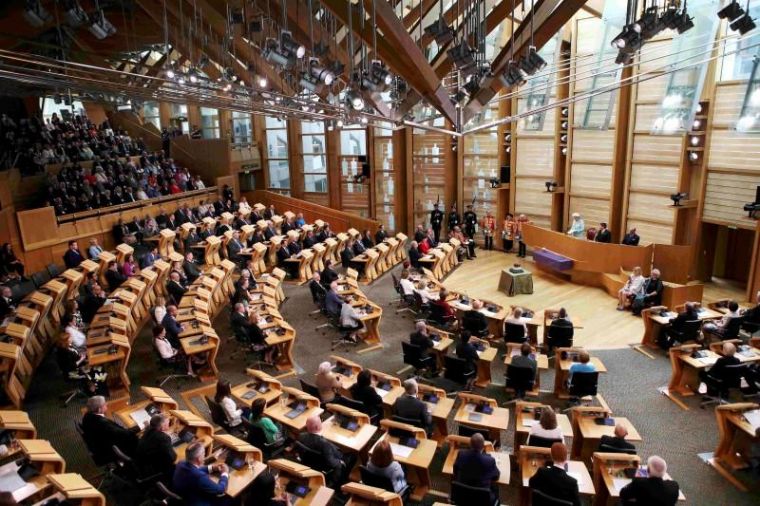Scottish Government launches consultation on making DIY abortions permanent

The Scottish Government has launched a consultation on whether to extend temporary arrangements allowing for at-home abortions during the pandemic.
Abortion regulations were changed early on in the pandemic to permit 'DIY' home abortions up to the 10th week of pregnancy. Pregnant women can receive the pills in the post following a phone or video consultation.
The Scottish Government is consulting on whether the current arrangements should remain in place "once coronavirus is no longer a significant threat".
Public Health Minister Joe FitzPatrick said: "All women in Scotland should have access to clinically safe abortion services, within the limits of the law, should they require this.
"The current arrangements were put in place to minimise the risk of transmission of Covid-19 and ensure continued access to abortion services, without delays, during this pandemic.
"This consultation allows will allow us to gather as much evidence as possible to help inform future arrangements."
Christian advocacy group CARE is strongly opposed to the changes. It said the DIY scheme had "racked up a catalogue of serious failures" and should not be extended.
It cites a leaked email by a senior NHS midwife detailing the deaths of two women after DIY abortions, and an undercover investigation by Christian Concern which found that abortion pills were sent to women who gave false gestation dates.
In May, The Sun reported that the police had launched an investigation into the death of a baby at 28 weeks after its mother took abortion pills at home.
"We have been consistent in raising concerns about the policy of at-home early medical abortion since the beginning of the Coronavirus pandemic," CARE said.
"We very much hope that the Scottish Government pay heed to this evidence, and that this consultation hears all views on the issue.
"We will be contacting supporters in Scotland in the coming weeks to ensure as many people as possible can raise their concerns in the consultation."
The consultation is available online and will run until 5 January 2021.











